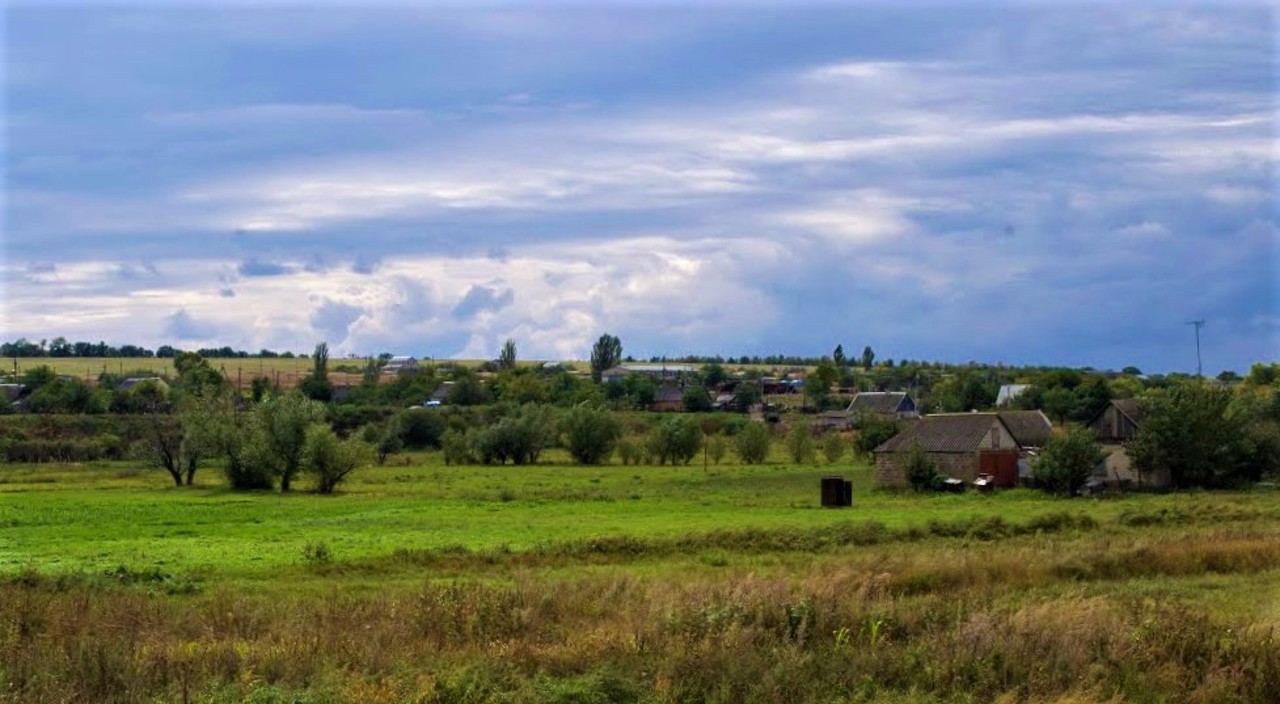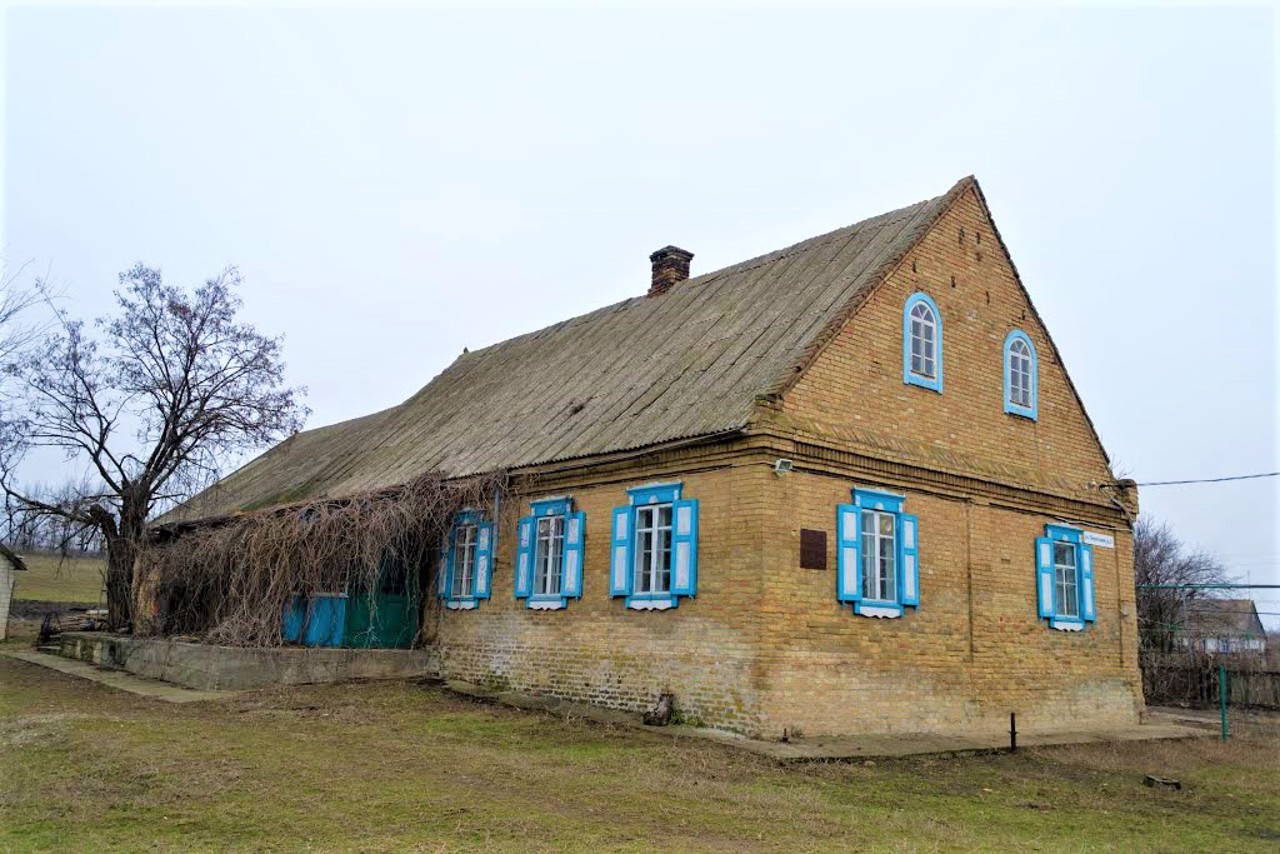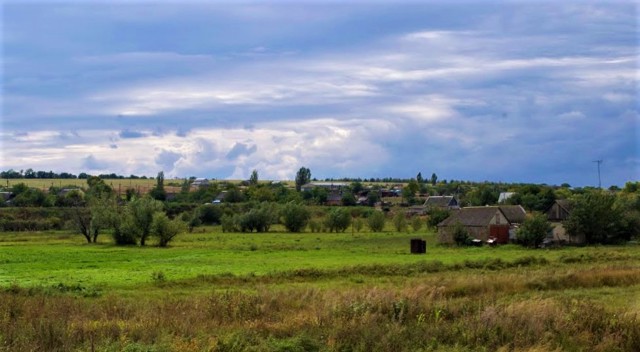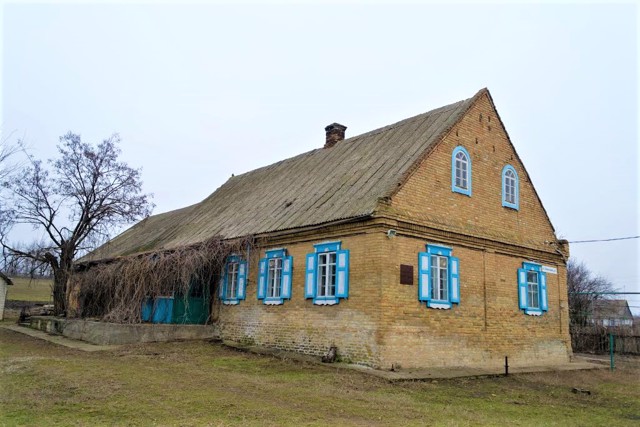Functional temporarily unavailable
Ruchaivka
Travel guide online Ruchaivka
General information about Ruchaivka
The small village of Ruchaivka on the Tomakivka River is located 10 kilometers east of Zaporizhzhia.
It was founded in 1883 as the Shenghorst (or Shengorka) German colony, which was part of the Khortytsky Volost. The reason was the decree of Empress Catherine II on the settlement of the southern territories, and, in particular, the permission for foreigners to settle on any lands with the provision of large land allotments on preferential terms. The main population of the colony was German Mennonites (followers of the radical movement in Protestantism). Agriculture here was distinguished by the use of advanced technologies.
During the First World War, part of the population was deported to the Volga reg ...
The small village of Ruchaivka on the Tomakivka River is located 10 kilometers east of Zaporizhzhia.
It was founded in 1883 as the Shenghorst (or Shengorka) German colony, which was part of the Khortytsky Volost. The reason was the decree of Empress Catherine II on the settlement of the southern territories, and, in particular, the permission for foreigners to settle on any lands with the provision of large land allotments on preferential terms. The main population of the colony was German Mennonites (followers of the radical movement in Protestantism). Agriculture here was distinguished by the use of advanced technologies.
During the First World War, part of the population was deported to the Volga region. The next round of repressions, which began in 1935, ended in the first months of the Second World War. The rest of the Germans were forced to emigrate with the return of the Soviet troops.
After the collapse of the USSR, some families returned to their ancestral lands, and an ethnographic museum of German colonists was created in the village.
Маленьке село Ручаївка над річці Томаківка розташоване в 10 кілометрах на схід від Запоріжжя.
Засноване в 1883 році як німецька колонія Шенгорст (або Шенгорка), що входила до складу Хортицької волості. Приводом послужив указ імператриці Катерини II про заселення південних територій, і, зокрема, дозвіл іноземцям селитися на будь-яких землях з наданням їм великих земельних наділів на пільгових умовах. Основне населення колонії становили німці-меноніти (послідовники радикального течії в протестантизмі). Сільське господарство тут відрізнялося застосуванням прогресивних технологій.
Під час Першої світової війни частина населення була депортована до Поволжжя. Черговий виток репресій, що почався в 1935 році, з ...
Маленьке село Ручаївка над річці Томаківка розташоване в 10 кілометрах на схід від Запоріжжя.
Засноване в 1883 році як німецька колонія Шенгорст (або Шенгорка), що входила до складу Хортицької волості. Приводом послужив указ імператриці Катерини II про заселення південних територій, і, зокрема, дозвіл іноземцям селитися на будь-яких землях з наданням їм великих земельних наділів на пільгових умовах. Основне населення колонії становили німці-меноніти (послідовники радикального течії в протестантизмі). Сільське господарство тут відрізнялося застосуванням прогресивних технологій.
Під час Першої світової війни частина населення була депортована до Поволжжя. Черговий виток репресій, що почався в 1935 році, завершився в перші місяці Другої світової війни. Решта німців були змушені емігрувати з поверненням радянських військ.
Після розвалу СРСР деякі родини повернулися на землі предків, в селі був створений етнографічний музей німців-колоністів.
Сплануй своє перебування у Ruchaivka
What to see and where to go in Ruchaivka
Tourist attractions and museums of Ruchaivka
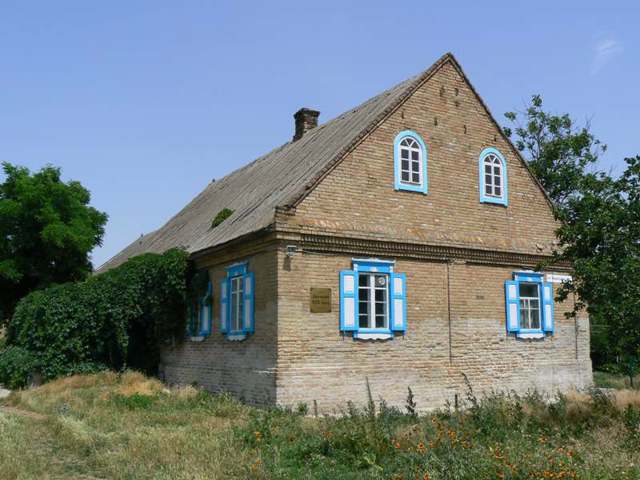
German Colonists House-Museum
Museum / gallery , Ethnographic complex
The residential building, built in 1896 by the German Mennonite Arnold Peters in Ruchaivka, was transformed by his descendant Victor Dick into a museum of German colonists.
The original layout, interior, and furniture have been preserved in the house. Various tools and household items of German settlers are collected here. Of particular interest is the machine for cleaning corn cobs, manufactured in 1861 at the Kopa factory. There is a working smokehouse in the attic.
The hosts conduct tours, during which (by prior order) they offer visitors a tasting: sausages of their own production, German keg beer, as well as homemade bread and oven-baked potatoes with lard.
WARNING! The house-museum of the German colonists has closed - the owner of the museum, Victor Dick, died and his family decided to close the museum. Other houses built by German colonists have been preserved in the village of Ruchaivka.
Reviews Ruchaivka
Geographical information about Ruchaivka
| {{itemKey}} | {{itemValue}} |
|---|---|
| Region |
Zaporizhzhia |
